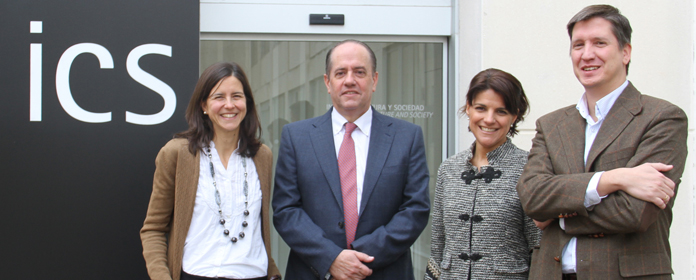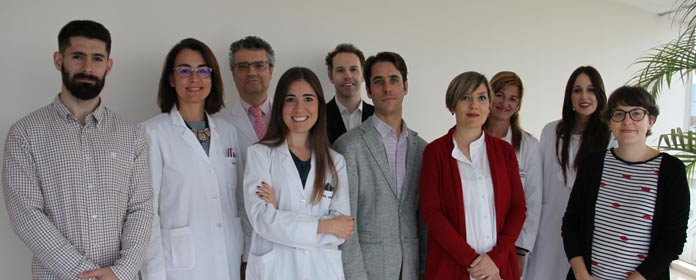Las relaciones sexuales forzadas en el Congo se asocian fuertemente con la infección por VIH
Lo confirma un trabajo que han liderado investigadores de la Universidad de Navarra y que ha contado con 1.614 participantes, de los que el 34% ha sufrido estos abusos

FOTO: Elena Beltrán
Las relaciones sexuales forzadas en la República Democrática del Congo se asocian fuertemente con la infección por VIH, según confirma una investigación que ha liderado el proyecto ‘Educación de la afectividad y de la sexualidad humana’ del Instituto Cultura y Sociedad (ICS) de la Universidad de Navarra. El trabajo se ha publicado en la revista de medicina Plos One.
El estudio contó con 1.614 participantes, que reciben asesoramiento y diagnóstico voluntario del VIH en un hospital de Kinshasa. El 34% de ellos declaró haber sido víctima de este tipo de agresiones.
Las mujeres son más propensas a sufrirlas, así como personas con edad entre 25 y 49 años de edad, con múltiples parejas sexuales a lo largo de la vida o simultáneas y aquellas que referían mayor consumo de alcohol. Asimismo, en comparación con las personas casadas, las mujeres solteras, divorciadas o viudas presentan más riesgos.
Los investigadores describen otros problemas que pueden incrementar los abusos sexuales hacia las mujeres: “Algunas creencias y prácticas africanas proporcionan un entorno social para que los hombres consideren a las mujeres como un propiedad”.
A su vez, apuntan que se las educa “para creer que los hombres son superiores a ellas y aceptan la violencia como una forma de disciplina”. Además de estos problemas, existen también los matrimonios forzados, que pueden propiciar el abuso.
Con respecto a los hombres, el artículo señala que también pueden ser víctimas de violencia sexual. Según estimaciones nacionales entre un 6% y 27% de hombres han sufrido alguna vez en su vida violencia sexual en África Sub-Sahariana.
Políticas para prevenir la violenciaLos autores del artículo destacan que “los investigadores, profesionales y responsables de la toma de decisiones deberían trabajar juntos para integrar la prevención de la violencia en las políticas sanitarias, sociales y educativas”.
Para ello consideran conveniente identificar todos los factores que podrían resultar de riesgo, con el fin de incluirlos en las intervenciones de asesoramiento: “Hay una necesidad urgente de programas y políticas enfocadas en la reducción de las relaciones sexuales forzadas prevalentes en esta población”.
El trabajo ha contado con financiación del Plan de Investigación de la Universidad de Navarra (PIUNA). Por parte este centro han participado la Facultad de Medicina, la Facultad de Educación y Psicología y el proyecto ‘Educación de la afectividad y de la sexualidad humana’ del Instituto Cultura y Sociedad (ICS).
Asimismo, han colaborado el Instituto de Investigación Sanitaria de Navarra (idiSNA) y varias entidades de Congo: Centro Hospitalario Monkole, la Escuela de Enfermería ISSI de Monkole, la Facultad de Medicina de la Universidad de Mwene-Ditu y la Facultad de Derecho de la Universidad Católica del Congo.




